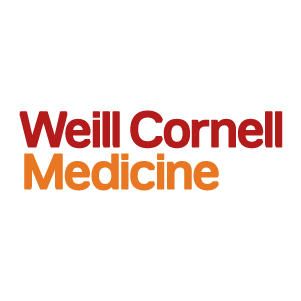Company description
Dr. Abdul-Rahman completed his medical school and pediatrics residency at the University of Mississippi School of Medicine. Subsequently, he trained in clinical genetics at Stanford University. Dr. Abdul-Rahman returned to Mississippi to begin his academic career and spent 12 years serving in various roles including division chief of medical genetics and interim chair of the department of pediatrics. He then moved to Omaha, Nebraska to serve as the director of the department of genetic medicine at the Munroe-Meyer Institute, part of the University of Nebraska Medical Center. Dr. Abdul-Rahman served in that role for over five years, developing a number of clinical programs and supporting the establishment of a newly accredited genetic counseling training program. As a person who enjoys developing new collaborations and building programs, he was drawn to the opportunity at Weill Cornell Medicine and NewYork-Presbyterian Hospital to expand the reach of genetics across the health system.Dr. Abdul-Rahman sees a broad range of patients, including prenatal, pediatric, and adult patients with various genetic conditions. He has worked in clinics serving patients with craniofacial anomalies, differences of sexual development, and bone fragility disorders in addition to general genetics clinics seeing patients of all ages; Dr. Abdul-Rahman enjoys the diversity of patients and disorders in his practice. He is also very interested in evaluating children with possible fetal alcohol spectrum disorders (FASD) and has worked on a number of educational and research projects related to FASD both in the US and abroad collaborating with the NIAAA and the WHO.

